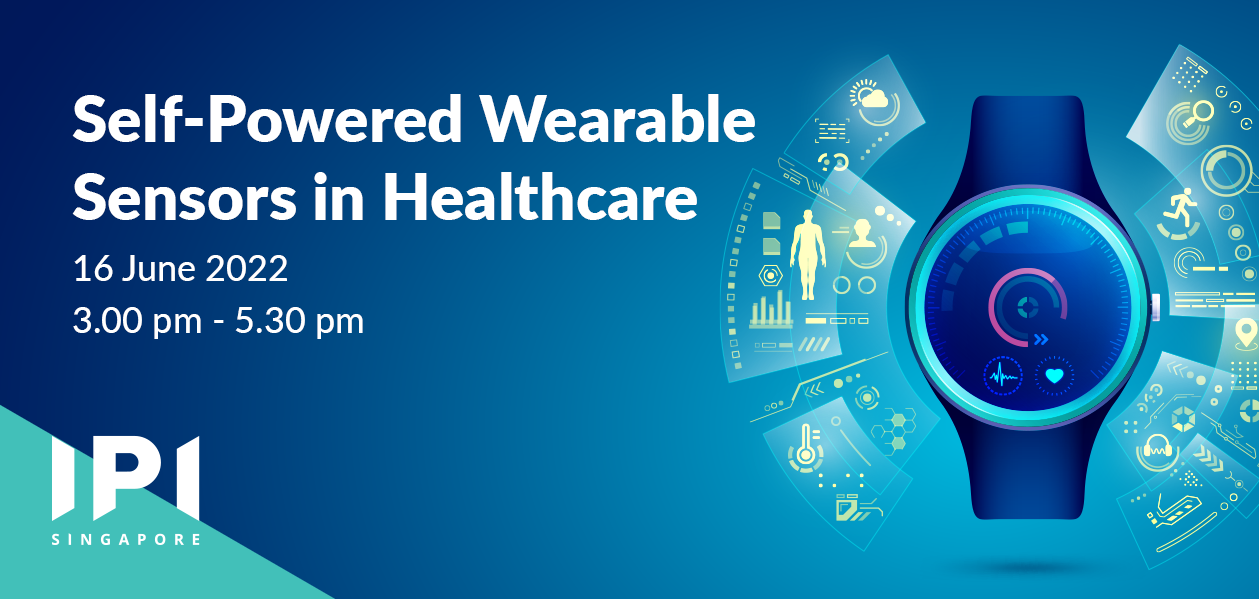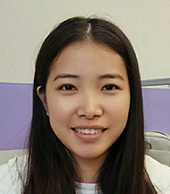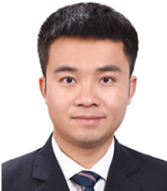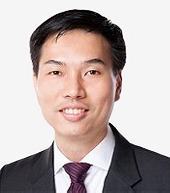Wearable devices have greatly improved the quality of daily life and will likely become indispensable tools in the short-term horizon.
In the healthcare sector, interest in wearable sensors for non-invasive detection of molecular-level indicators (e.g. electrolytes and metabolites) from biofluids are on the rise. The data collected from such wearables can be useful for remote health monitoring to alert users or caregivers to any abnormality in real time.
As the capabilities of wearables continue to expand, product developers are also looking at how wearable sensors achieve continuous operation and make accurate measurements and develop renewable and sustainable power supply.
Join us and our technology and industry experts to learn about the developments and collaboration opportunities in the growing field of self-powered wearable sensors.
Date: 16 June 2022
Time: 3.00 pm to 5.30 pm
Venue: The Meeting Point, LaunchPad @ one-north, 73B Ayer Rajah Crescent, Singapore 139966
AGENDA
| Time | Programme |
|---|---|
| 1500 - 1520 |
Welcome Remarks |
| 1520 - 1550 |
pH Watch - Leveraging Pulse Oximeters in Existing Wearables for Reusable, Real-Time Monitoring of pH in Sweat Sweat is a readily accessible bodily fluid for detecting biomarkers such as pH, glucose etc., enabling continuous and non-invasive assessment of the well-being of individuals. Our work aims at leveraging pulse oximeter chips in current-day fitness trackers for real-time continuous monitoring of pH in sweat. By fabricating a highly responsive and long-term reusable pH sweat sensor on a flexible material to achieve skin conformity, the sensor can be readily mounted atop any wearable with a pulse oximeter. The team has successfully demonstrated a low-cost, low-power, highly-responsive and long-term reusable wrist-worn wearable prototype, pH watch, for real-time continuous monitoring of pH value of sweat. We also showed that the integration of our sweat sensor does not hinder the pulse oximeter from measuring heart rate and SpO2 with an accuracy of ≈95% and ≈96% respectively when validated against commercial finger pulse oximeter measurements. To the best of our knowledge, the pH Watch is the first demonstration of a reusable sweat sensor that can be readily integrated into today’s smart watches with pulse oximeters, paving the way for ubiquitous sensing of biomarkers.
|
| 1555 - 1620 |
Self-Powered Wearable Electronics In the recent decade, we have witnessed the soaring development of wearable electronics in healthcare and smartwatches. However, most wearable electronics still rely on the rigid lithium-ion battery or low-capacity thin battery, causing the safety issue and requiring frequent recharging. The development of wearable energy supply still impedes the wearable electronics to be safer and long-lasting. The dynamic human body is a safe and continuous energy source and it is promising to rely on the human body to invent self-powered sensors for health monitoring. In this talk, I will introduce our soft printed battery using non-harmful sweat to generate power and a robust hybrid energy harvester (HEH) combing electromagnetic induction and triboelectric effect to construct non-intentional self-powered electronics. We believe that generating power from the human body built-in wearable sensors will be one of the trends of future wearable electronics. |
| 1620 - 1645 |
Regulatory Requirements for Medical-Grade Wearables Beyond just tracking basic vital signs for health and wellness monitoring, there are an increasing number of users utilising wearables to manage a clinically diagnosed condition. The devices used for such monitoring would require a higher degree of accuracy and regulation would need to be in place to ensure the safety of such devices. In this session, Ee Bin will be touching on what are the differences between a consumer-grade wearable versus a medical-grade wearable; and what are the key regulatory requirements and processes needed for a product owner to get their wearable registered as a medical-grade device in Singapore and other major jurisdictions. |
| 1645 - 1730 | Networking |
SPEAKERS
|
Dr Chen Yuan Research Fellow, National University of Singapore |
Chen Yuan is a research fellow at department of biomedical engineering, National University of Singapore (NUS). She received a bachelor degree from Shandong University (China) and a PhD in Biomedical Engineering from NUS, under the supervision of Prof. Huilin Shao (NUS Presidential Young Professor). Currently, her work is mainly focused on developing new DNA nanotechnology for exosomal biomarker detection, and implementation of these molecular platforms in disease diagnostics. ***** |
|
Dr Lyu Jian Research Fellow, School of Materials Science & Engineering, Nanyang Technological University (NTU) |
Lyu Jian received his Ph.D. in material science and engineering at Xi'an Jiaotong University in June 2019. During 2017–2019, he was a visiting graduate and then a research associate at the Center for Wearable Sensors at the University of California, San Diego. He is currently a research fellow at Nanyang Technological University, Singapore. His main research interests involve printed wearable and stretchable devices with applications in energy harvesting/storage and healthcare monitoring. He owns 1 filed Chinese patent, together with 1 Chinese patent and 1 international PCT patent that are still under the application. Some of his works have been reported by CNA news channel, and Sohu, Toutiao, Forbes, EurekAlert, ScienceDaily, Daily Mail UK, Yahoo, Metro France, MSN Belgium, 20 Minutes Spain, Gazette Italy, Vidi Croatia, The Star Malaysia, The Hindu, and Forbes India worldwide media in different languages. ***** |
|
Ee Bin Liew
Group Executive Director, Access-2-Healthcare
|
Ee Bin Liew is Group Executive Director of Access-2-Healthcare, a global commercialisation and market access consulting company that physically executes end-to-end market entry and product launch activities to help overcome various challenges faced by medical technology companies globally - specifically in areas of healthcare business due diligence, commercialisation solutions from concept to market, and market access activities such as regulatory, quality and trade compliance. Prior to founding the company, he spent most of his career in the medical device industry with MNCs, from product development to manufacturing, operations and product commercialisation. He held executive management and leadership roles of multi-cultural teams in Asia Pacific. He has the practical experience in various medical device environments and functions for turn-key go-to-market solutions through integration of marketing, IP, clinical affairs, reimbursement and regulatory affairs, and now lends his experience and energy to the medtech SMEs around the world. ***** |

.png)


